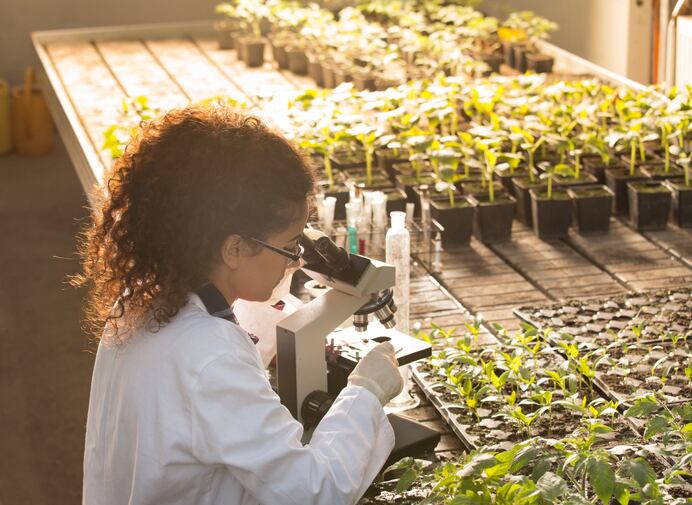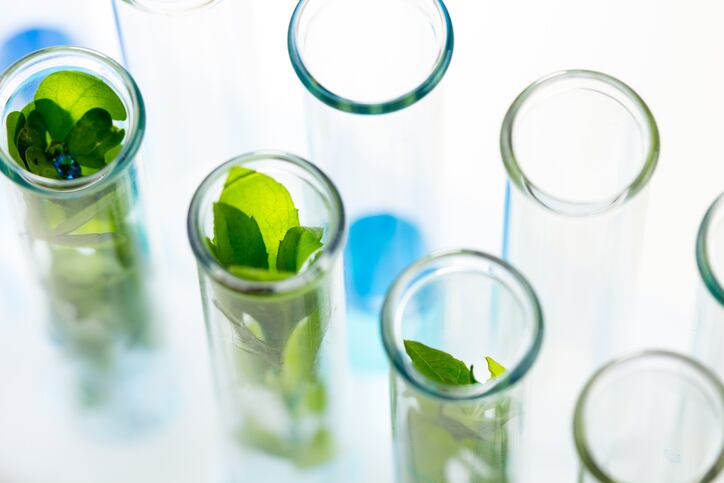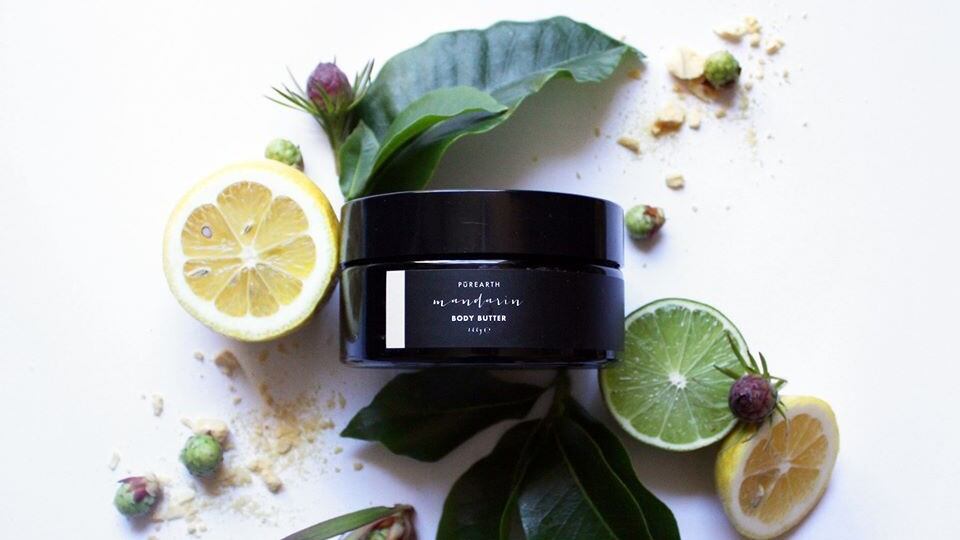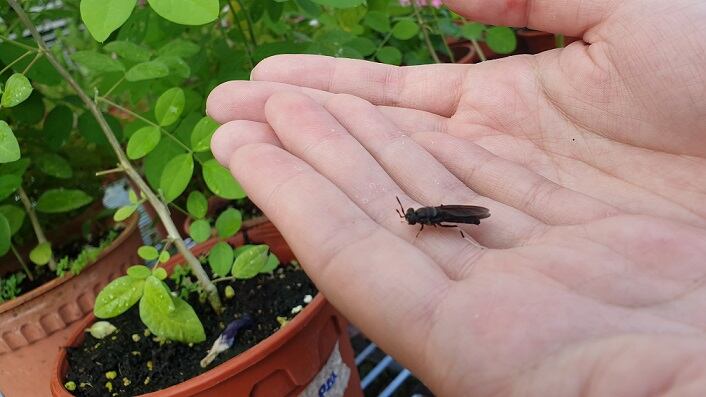Jenni Middleton, director of beauty at trend forecasting firm WGSN, said that in the last few weeks and months, the way consumers shopped, interacted and purchased beauty products had “completely changed”.
Speaking at Cosmoprof Bologna Worldwide’s virtual event WeCosmoprof last week, Middleton said the ongoing coronavirus (COVID-19) crisis had accelerated horizon consumer trends and brought them “into our now” – changes beauty businesses had to understand.
Safety and hygiene catapults to the fore in beauty
Middleton said WGSN had identified five consumer trends that had fast-evolved to become critically important during COVID-19: stability, safety and security; truth; physical and mental wellbeing; financial security; and human connection.
And some of these, she said, had been thrust into the spotlight more than others.
“I really want to call out the importance of safety and security for consumers and their search for the truth (…) Transparency has become even more pertinent to them – they’re concerned about origins of disease, transmission, and they’ll be concerned about every ingredient in that product and their personal safety.”
Before the global COVID-19 outbreak, Middleton said consumer focus had been on clean and sustainable beauty that didn’t harm them or the environment. Cut to a few months later, and “product safety and hygiene and their own personal security trumps every other concern”.
“It’s this that beauty brands really need to focus on in order to meet the needs of the consumer,” she said.
The rise of blockchain beauty and doctor-driven comms

Middleton said that in a post-pandemic world, consumers were going to “demand evidence” that beauty products were safe and hygienic, propelling real opportunity for technology like blockchain.
Already-established platforms like Provenance, she said, would be “helpful” in achieving this – the UK-based startup used blockchain and open data to bring the ‘supply chain to the shopper’, enabling brands to communicate the origin and impact of their products.
“Who has touched [a product], how contaminated it is by the time it reaches you – that’s going to be really important to consumers,” Middleton said.
And in addition to this, she said how this information was communicated to consumers would also be critical and need to look very different to marketing strategies before COVID-19.
“[During the COVID-19 crisis], we’ve had a daily diet of scientific advisers and medical experts presenting data around the virus and those voices have become elevated in status. So, instead of thinking about using celebrities and influencers, who have traditionally inspired or motivated us to buy product, now what we’ll be looking to is the credible voices we’ve learned to trust.”
Middleton said this was where derma beauty brands could really take off and partnerships with medical doctors would prove powerful. “That kind of brand is going to have new credibility and status in this post-COVID world, because the trust with evidence is what consumers are going to be interested in.”
Biotech beauty to calm zoonotic disease fears and land use woes
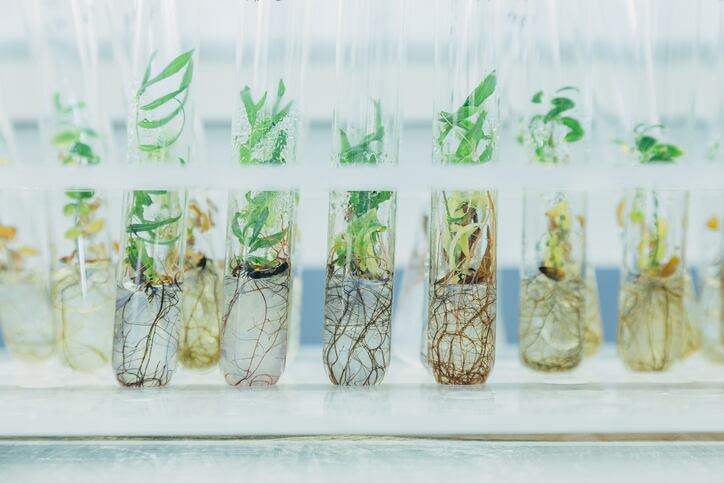
Biotech was also set to become “even more relevant in a post-pandemic world”, she said, driven by “the rising fear of zoonotic diseases”.
“Everything from really intensive agriculture through to deforestation has played a part in zoonotic diseases and the activity of humans takes up to 75% of the earth’s land – there’s going to be a real spotlight shone on resources and whether we should be using these resources for cosmetics.”
And for beauty brands, this would be “a real challenge”, she said. “People will be asking: is it right we use those resources when it’s so intensive and use just a tiny bit for a beauty product? Should we return the land to its natural stage or use it just for feeding people? And, of course, biotechnology holds the answer to this.”
Using biotechnology to create exact replicates of what can be found in nature not only countered these concerns, she said it also satisfied safety woes as biotech enabled the safe, stable and reliable production of ingredients.
Biotech was already being successfully used in the beauty world, she said, with the likes of Biossance making squalene from Brazilian sugarcane and Bioeffect working with bio-engineered barley, but use was likely to take off further.
“We’ll see more of that emerge as beauty brands have to justify their use of ingredients; that’s going to become super important.”
Preservatives to see a welcome return to beauty?
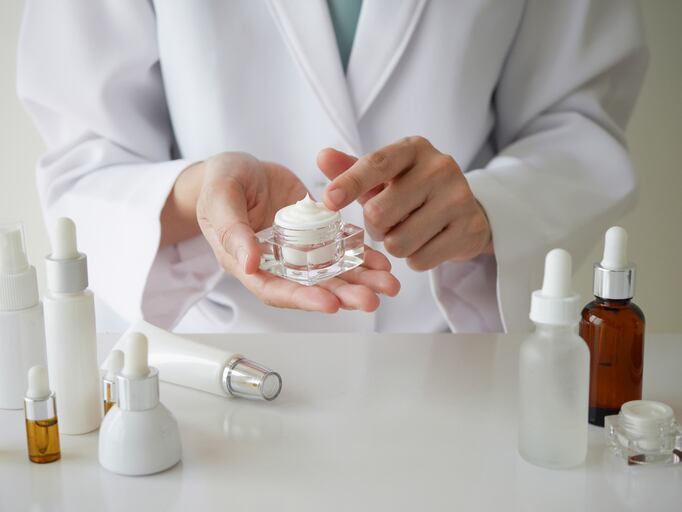
Middleton said with all this extensive consumer worry around safety and hygiene, the beauty world may also see an ease on concerns associated with preservatives.
“Parabens and sulphates and lots of other preservatives might now come back into the fore because people want to be safe and make sure products don’t transmit viruses and contaminate their bathrooms.”
“…Preservatives are going to return in a post-COVID world,” she said.
For beauty brands working with preservatives or wanting to re-introduce these into formulations, synthetic or naturally derived, she said it would be important to remain “super aware” that products were no longer ‘preservative-free’ and communicate this carefully with consumers, pinpointing the product safety aspect.
Middleton said the coronavirus pandemic had also propelled significant opportunities for adaptogens to be incorporated into formulations – natural substances typically used in herbal medicines to counterbalance the effects of stress in the body.
Ingredients that were immunity-boosting, antibacterial or anti-viral, she said, would be positively viewed by consumers and could elevate daily beauty products like shower gels and shampoos.

